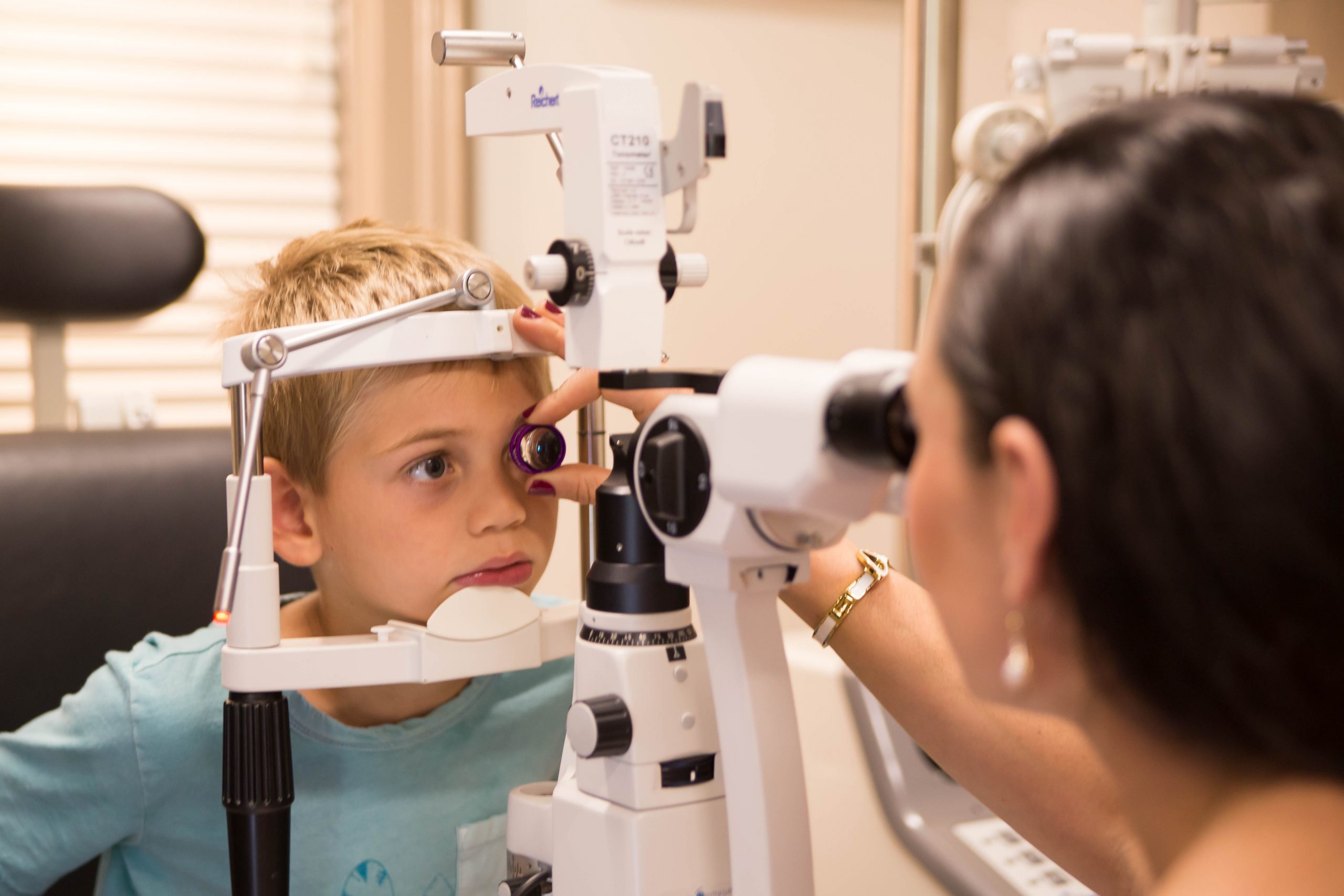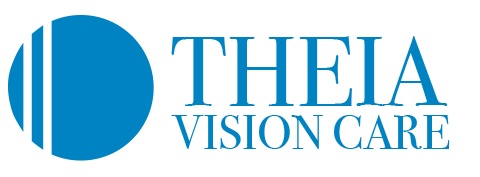
This week, May 24th-28th, is BHVI’s Myopia Awareness Week!
Myopia is the most common eye problem in the world, as it currently affects about 30% of the global population. In fact, it’s increasing worldwide at such a rapid pace that it can be considered a pandemic. Do you have myopia?
Myopia is an eye condition in which the eye’s shape is elongated, causing light to refract (bend) incorrectly, producing blurry distance vision. It’s also referred to as near-sightedness because people with myopia can see objects up close clearly but not far away. According to the American Academy of Ophthalmology, symptoms often include frequent squinting, headaches, eye strain, and difficulty seeing things from a distance such as a chalkboard or road signs.
Myopia can be temporarily corrected with glasses and/or contact lenses to achieve clear vision. Some individuals are good candidates for a more permanent correction, which is achieved through lasik eye surgery.
Myopia most commonly develops in children and young adults, and genetics and environment both play a role in causing it. While we can’t change our genetic makeup, we can make changes to our environment and lifestyle that can truly make a difference for our health. For example, studies have found that limiting screen time on digital devices and spending more time outdoors can prevent and even slow the progression of near-sightedness. Slowing the progression of myopia is very important in limiting your risk of developing more serious eye problems.
Near-sightedness is considered high myopia when the eye needs a correction of -6.00 diopters or more. It’s at this point that the risks for further eye and vision problems increase as well. These risks can include retinal detachment, glaucoma, macular degeneration, and cataracts. In layman’s terms, this could lead to major, irreversible vision loss in the big picture. This is why it’s important to get yearly comprehensive eye exams, be aware and educated on you and your children’s eye health and vision, and be proactive in prevention and management of this condition, like you would for many others.
Remember that preventative care is always better than treating a problem after it arises, and making lifestyle changes can truly make a difference for your health. Together, we can slow the progression of myopia and reverse this pandemic. Let’s get to work! Call or click to schedule an eye exam today at Theia Vision Care, where we provide eye care because we care.
